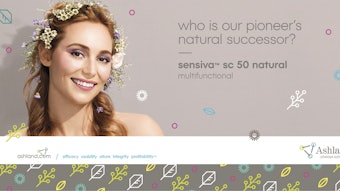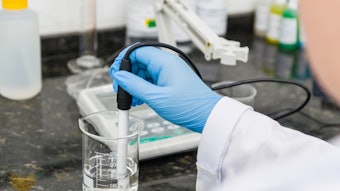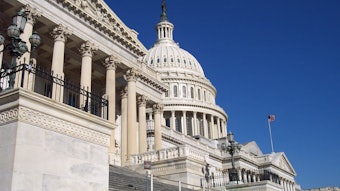Since 2004, reports in the media and on the Internet have been made directing consumers to avoid parabens in personal care products, while a virtue is often made of products being paraben-free. Many of these reports are based on a 2004 study by Darbre et al. claiming to have detected parabens in human breast cancer tissue.1 That study was prompted by a 1998 study by Routledge et al. that found parabens to have oestrogenic activity.2 Papers have been published by this author regarding the validity of these two studies3-5 and while the full detail of those papers will not be repeated in this article, a short summary and discussion of other paraben studies is offered here.
In a recent online discussion about parabensa, one commentator suggested that the controversy surrounding the material has moved beyond scientific debate into the realm of consumer concern. This implies that scientific debate is no longer worthwhile. While it is difficult to change the perception of non-scientific consumers, this does not mean the scientific debate should cease; the facts do not disappear because a wealth of misinformation surrounds the issue.










